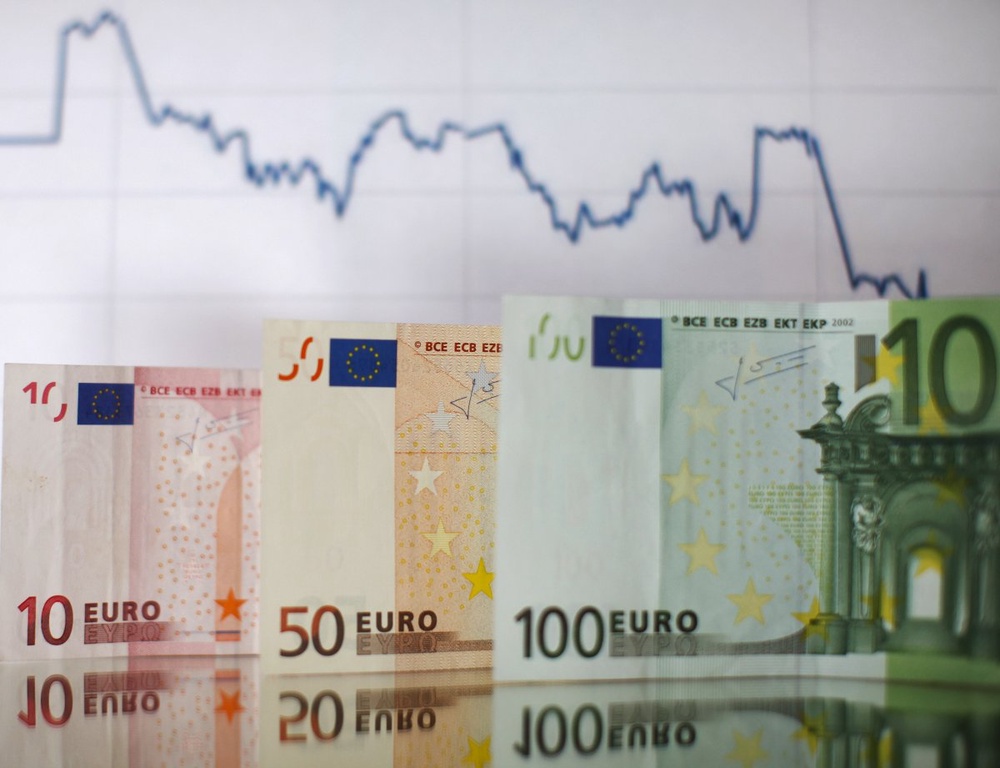
The European Commission plans to sanction EU members to nudge them into action on efforts to create a pan-European airspace that would cut costs and delays, AFP reports citing an EU source. Members of the 27-nation European Union have been lagging at reducing airspace and airport delays towards the goal of a "Single European Sky" that would replace the current patchwork system of national airspace. EU Transport Commissioner Siim Kallas is due to make the announcement about sanctions Thursday at a conference in the Cypriot port city of Limassol. The commission is expected to launch infringement procedures next February against member states for non-compliance, the source said. If the EU were to succeed in modernising the system, it could triple its airspace capacity, improve safety tenfold, slash pollution by 10 percent and reduce air traffic management costs by 50 percent, the commission said last year. Kallas warned member states last November that 2012 would be a "make or break year", adding that "our plans to modernise Europe's air traffic control are falling behind". The commission said then that only five nations -- Belgium, Denmark, Lithuania, Luxembourg and the Netherlands -- were on track to meet targets of cutting costs and improving flight capacity. "There is a genuine risk that we will lag behind and find ourselves unable to satisfy the rising demands of air travel, which is set to nearly double by 2030," he said. One year later, the conclusion is one of failure, with Kallas said to be "furious" because in his view the cause is inertia on the part of governments, according to the EU source. The European airline industry has complained that the fragmented air traffic management system was having a detrimental impact on airlines, passengers and the environment in terms of time, fuel burn and money. Air traffic control currently represents between six and 12 percent of the price of a plane ticket, added to which are the rights to take off and land, and since this year, an EU tax on airline pollutant emissions. With EU airspace divided into 650 sections -- that are run by 60 air traffic control towers and manged by 27 national systems -- efficiency has taken a hit. Because of the fragmentation, aircraft are forced to cover longer distances over "bizarre routes" since controllers are unable to handle more than a certain number of flights at one time, the source said. The commission estimates that the additional cost to companies, and thus passengers, amounts to around five billion euros ($6.4 billion) a year.





The European Commission plans to sanction EU members to nudge them into action on efforts to create a pan-European airspace that would cut costs and delays, AFP reports citing an EU source.
Members of the 27-nation European Union have been lagging at reducing airspace and airport delays towards the goal of a "Single European Sky" that would replace the current patchwork system of national airspace.
EU Transport Commissioner Siim Kallas is due to make the announcement about sanctions Thursday at a conference in the Cypriot port city of Limassol.
The commission is expected to launch infringement procedures next February against member states for non-compliance, the source said.
If the EU were to succeed in modernising the system, it could triple its airspace capacity, improve safety tenfold, slash pollution by 10 percent and reduce air traffic management costs by 50 percent, the commission said last year.
Kallas warned member states last November that 2012 would be a "make or break year", adding that "our plans to modernise Europe's air traffic control are falling behind".
The commission said then that only five nations -- Belgium, Denmark, Lithuania, Luxembourg and the Netherlands -- were on track to meet targets of cutting costs and improving flight capacity.
"There is a genuine risk that we will lag behind and find ourselves unable to satisfy the rising demands of air travel, which is set to nearly double by 2030," he said.
One year later, the conclusion is one of failure, with Kallas said to be "furious" because in his view the cause is inertia on the part of governments, according to the EU source.
The European airline industry has complained that the fragmented air traffic management system was having a detrimental impact on airlines, passengers and the environment in terms of time, fuel burn and money.
Air traffic control currently represents between six and 12 percent of the price of a plane ticket, added to which are the rights to take off and land, and since this year, an EU tax on airline pollutant emissions.
With EU airspace divided into 650 sections -- that are run by 60 air traffic control towers and manged by 27 national systems -- efficiency has taken a hit.
Because of the fragmentation, aircraft are forced to cover longer distances over "bizarre routes" since controllers are unable to handle more than a certain number of flights at one time, the source said.
The commission estimates that the additional cost to companies, and thus passengers, amounts to around five billion euros ($6.4 billion) a year.
sanctions
Denmark
Europe
European Commission
European Union
finance
Lithuania
Luxembourg
Netherlands
news
Belgium


 +7 (777) 001 44 99
+7 (777) 001 44 99















































